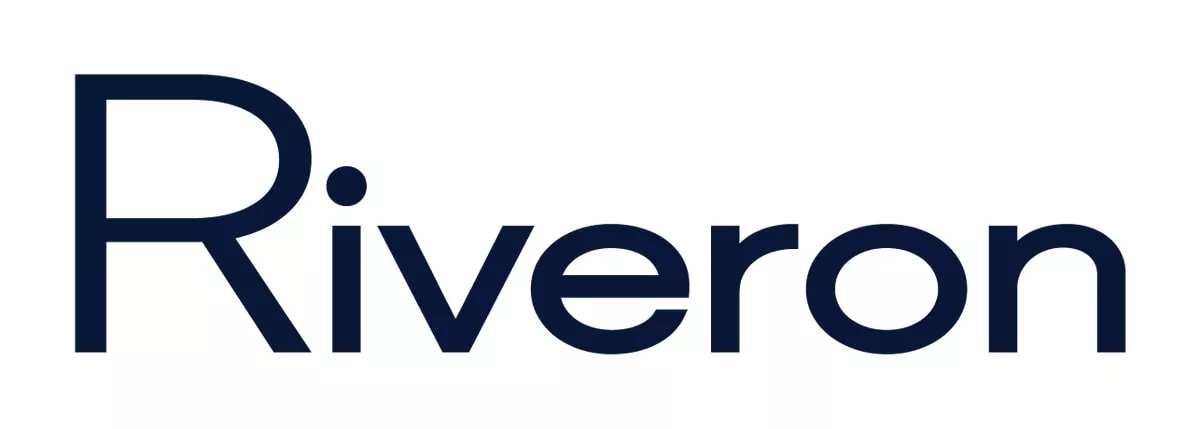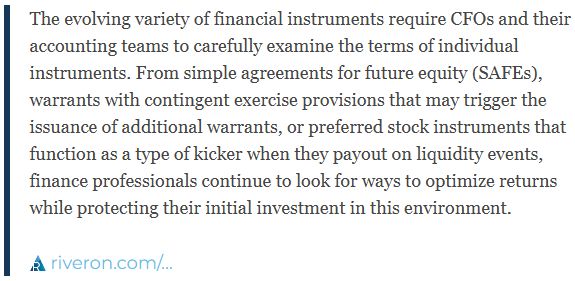- within Law Department Performance, Environment and Energy and Natural Resources topic(s)
- with readers working within the Technology industries
We're seeing more and more creativity in how companies and their financial sponsors structure debt and equity financing agreements. The lines between debt and equity are getting blurred with things like convertible debt, simple agreements for future equity (SAFEs), and warrants that come with intricate terms. These hybrid agreements often look great from a financing perspective, but they introduce real complexity when it comes to accounting. We're constantly advising on how to classify these instruments under the right standards—whether it's determining if a feature should be accounted for as a derivative under ASC 815 or treated as equity or liability under ASC 480. It's a fine line.
Overlooking these details can result in unintended consequences, such as missteps in liability recognition or broader impacts on the P&L. It's crucial to evaluate the full range of potential scenarios these agreements may trigger, ensuring financial reporting is both accurate and compliant amidst these complexities. Ideally, as CFOs, treasurers, general counsel, and financial sponsors design these agreements, involving accounting experts during the drafting phase helps preempt any surprises down the road and ensures that the financial implications are fully understood from the start.
The content of this article is intended to provide a general guide to the subject matter. Specialist advice should be sought about your specific circumstances.



